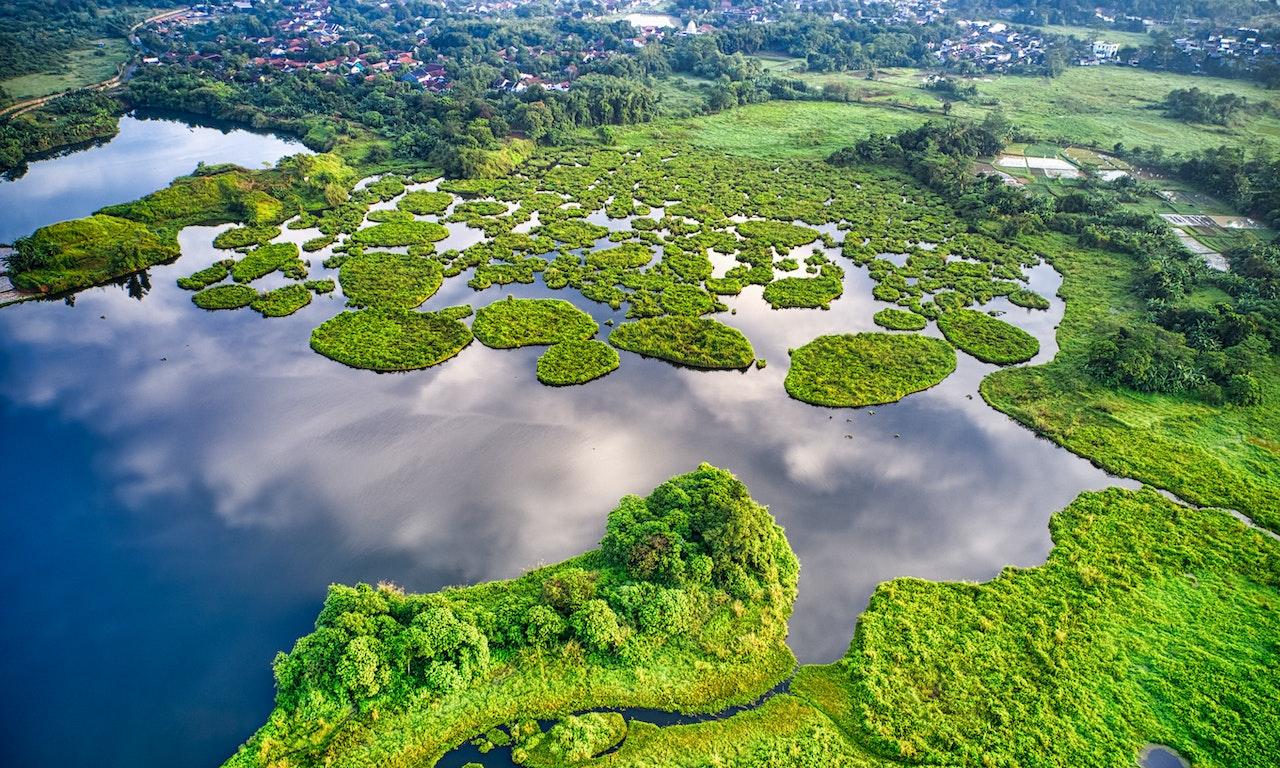If you’re looking for a job that means you get to spend time outside, and want to make a difference to the world, then a career in Ecology might be for you!
What does an ecologist do?
Ecologists are concerned with ecosystems, and how living beings interact with their environment, looking at the diversity, numbers and behaviours of those beings – you will be expected to be able to identify and classify organisms, recording this information to develop plans and policy.
As an ecologist, you usually specialise into one environment such as fauna, flora, marine, terrestrial to name just a few.
It’s a competitive field to break into, but with the right foundations and mindset, a rewarding and fulfilling career can be established.
What qualifications do I need to be an ecologist?
The basis of any science-based career is a good education, therefore for most jobs in ecology you will need you to have a degree.
It’s a good idea to make sure you have some sound foundations to starting your degree programme by choosing GCSEs and A Levels which will help you get onto a relevant degree programme and make sure you have a sound knowledge base to progress with your degree. These subjects could include:
- English
- Mathematics
- Any of the sciences (i.e. Physics, Chemistry, Biology)
- Geography
Once you have these qualifications under your belt, they will open the door to degree programmes such as:
- Ecology
- Zoology
- Marine Biology
- Environmental Science
There are a few universities across the UK which offer these degree programmes, and a few of the top rated institutions offering Ecology currently include:
As with most science-based careers, a postgraduate qualification will be the key to the door to getting into the field, so it’s worth considering taking up a MSc or PhD to make sure you have the best possible chance of making it into your chosen role.
You can also choose to gain Chartered Ecologist or Environmentalist status through the relevant industry body, such as the Chartered Institute of Ecology and Environmental Management.
What other skills does an ecologist need?
Alongside making sure you have the formal qualifications, it can be useful to have other skills to add onto your CV, which could include things like:
- A driving licence – generally, careers in ecology involve being outdoors, away from an office, so being able to drive will mean you have more roles open to you.
- Volunteering experience - by having previous volunteering experience, with relevant industry organisations, you can show that you understand what a career in the industry involves, you have had a chance to develop some of the essential industry specific skills and that you have an enthusiasm for the causes supported – but make sure it’s relevant to what you want to do. Quality beats quantity! A lot of paid roles in ecology go to volunteers, so it’s a good place to start – it shows you have commitment to the organisation, role and cause! Some relevant organisations include the National Trust, Wildlife Trusts, Natural England, and The Conservation Trust.
- Species identification - this is a called for skill at the moment, so being able to confidently and accurately identify species will give you a head start in the job race!
- An awareness of climate change and the processes behind it is useful – try to take courses at university related to this or organise separate courses outside of your degree programme to make sure you are up to date with the science.
What jobs can I do as an ecologist?
There are many job opportunities open to you as a newly graduated ecologist. These include:
- research scientist
- governmental policy development
- active conservation
- teaching
- working for business or industry
- environmental consultancy
- park naturalist
- natural resource manager.
and more!
For in-depth guidance on becoming an ecologist or environmental manager, take a look at the Chartered Institute of Ecology and Environmental Management.
What can I earn as an ecologist?
With qualifications and experience you can expect to earn a starting salary of around £19,000, with an average salary of about £30,000. A good place to look for what roles are currently on offer are some of the job websites, such as EarthWorks or Indeed .
Networking with industry professionals is a great way to develop an understanding of what’s involved and will also give you some contacts to help when you are searching for your dream role, but passion for ecology will help to make you stand out from the competition.
Social networking, or even joining a relevant society such as The British Ecology Society can be a good way to start making connections and showing off what you can do!
Another great way to stand out, is to get some of your work published in relevant publications, or to even hold a talk on your research!
With the natural world becoming more important to communities, business and governments alike, it’s never been a better time to become involved in ecology – and hopefully our guide to starting a career in the sector will get you on your way to making a difference!
Further information
For more tips and advice on getting into an ecology career, please see:
- Environmental Science Personal Statement Examples
- Prospects Ecology careers
- National Careers Service
- Conservation careers
- Ecology Jobs
- Choosing a university
N.B This post was originally published in June 2018 but has been updated to reflect recent changes.




